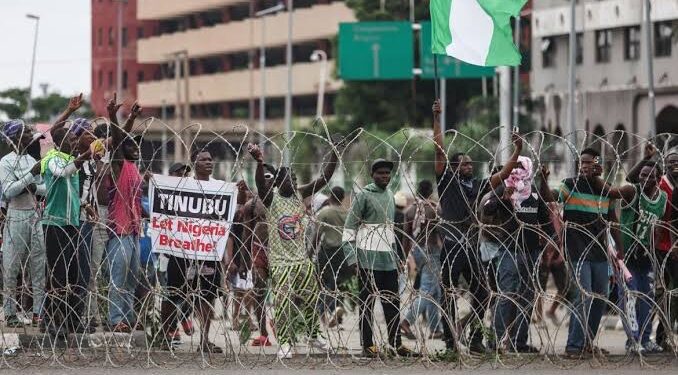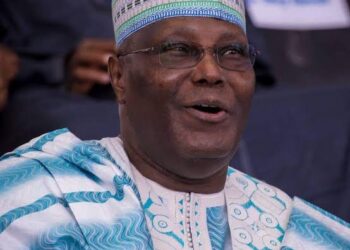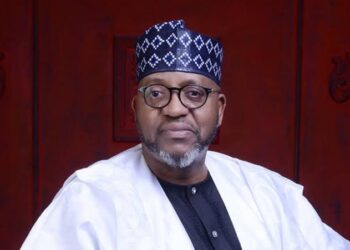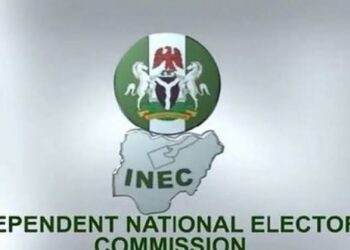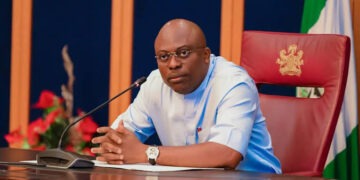The Accord Party (AP) has stated that the #EndBadGovernance protest, which began on Thursday, has placed significant pressure on the government to become more accountable and responsive to the needs of the citizens.
In a statement issued on Thursday, Maxwell Mgbedum, the national chairman of AP, praised the protest for reflecting the “voice and will of Nigerians.” Mgbedum highlighted that the demonstration has generated a strong sense of political awareness and engagement among citizens, which he believes will contribute to positive changes in the country.
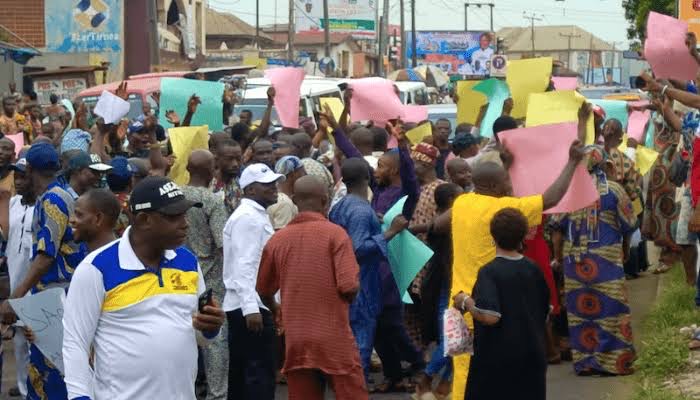
Mgbedum emphasized that the #EndBadGovernance protest has sparked an unprecedented level of awareness about governance issues across Nigeria. “The protest has mobilized people from various walks of life, making them more informed about the problems within the government. This heightened awareness is leading to increased political involvement and a stronger sense of responsibility among the public,” the statement read. He suggested that this greater awareness is a crucial step toward fostering a more participatory democracy where citizens are actively engaged in governance and accountability.
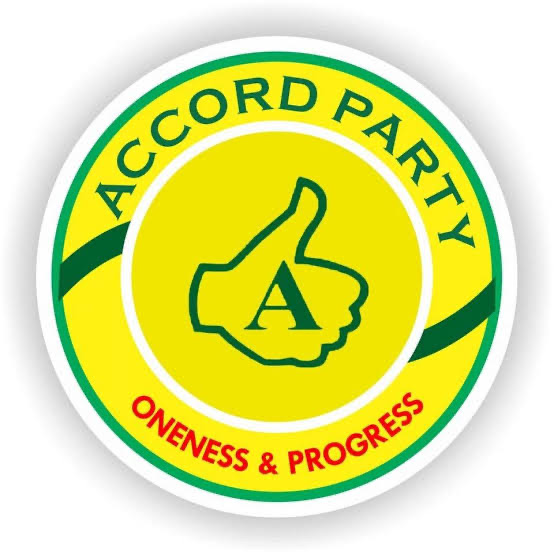
The national chairman also noted that the protest has put pressure on government officials and institutions to be more transparent and accountable. As the demand for better governance grows, public offices are facing increased scrutiny, which in turn encourages officials to act more in the best interests of the people. Mgbedum believes that this scrutiny is essential for improving the effectiveness and integrity of public administration.
However, Mgbedum also expressed concern about some of the negative impacts of the protest. He acknowledged that while the cause of the protest is just, there have been significant disruptions to daily activities and business operations. “The protests have led to economic losses and have caused inconveniences for many citizens. This is an unfortunate side effect of such large-scale demonstrations,” he said.
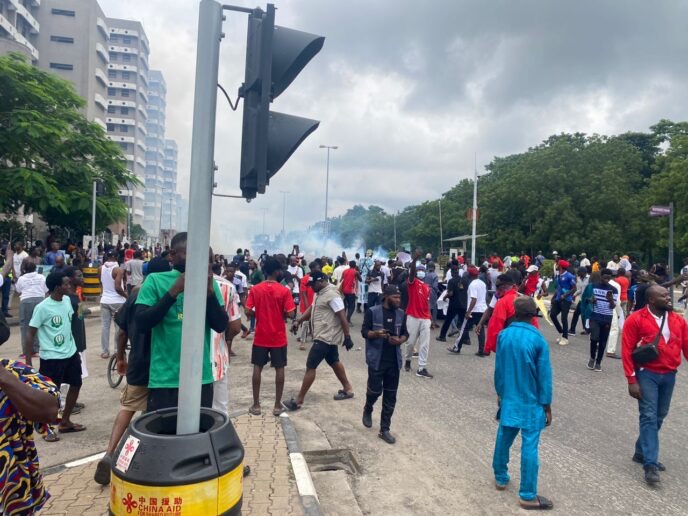
In light of these challenges, Mgbedum called on all stakeholders—including the government, civil society organizations, and the general public—to engage in constructive dialogue. He urged that efforts be focused on finding solutions that balance the need for protest with the need to minimize disruptions. “It is crucial that we manage these disruptions effectively to reduce their impact on the populace. While the protests are important, we must also ensure that they do not unduly affect the daily lives and economic activities of citizens,” Mgbedum stated.
He also called for collaborative efforts to turn the protest into a catalyst for meaningful change. “Let this protest be a turning point that leads to substantial improvements in governance. We must work together to ensure that the sacrifices and efforts made today result in a better and more accountable government tomorrow,” Mgbedum added.


